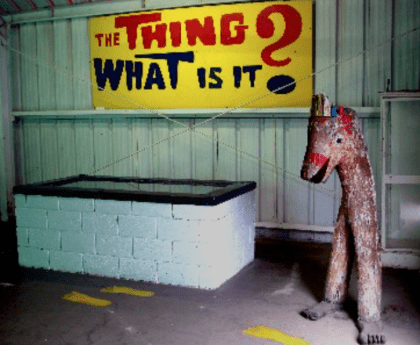About halfway through the recent RTH Zoomfest, somebody brought up the topic of the Replacements, kinda/sorta as a “butwhatabout” response to a typically outrageous EPG suggestion that nothing good came out of the 1980s as far as music was concerned.
Townsman cdm gamely offered to put together a Replacements playlist that he thought might win EPG over, or just put what he thought was the Placemats’ best on display, or provided a succinct overview of the band’s output, or something. We moved onto other topics, touching on — oh, I don’t remember; it was all a bit of a blur after someone started gabbing about Wishbone Ash.
Anyhow, the Replacements blah-blah inspired me to cue some of their music up for my afternoon walkabout, and I chose an LP I remembered somewhat fondly: “Pleased To Meet Me.” Sadly, I was surprised by how much of it just kinda sat there for me, after about 25 years.
Having said that, there were two tracks that still sounded sublime to these ears: “Alex Chilton” and “Skyway.” I’m not going to bother posting a link to “…Chilton,” because I feel certain Gergles will find a reason — probably having to do with the gated reverb on the snare — to hate it. Neither am I going to post “Skyway,” because E. Pluribus Gergely’s tastes, by his own admission, run closer to things like Christopher Cross and Poco than the Replacements. So instead, I’m posting “Sharing the Night Together” by Dr. Hook & the Medicine Company.
EPG, I demand that you explain the beauty and the brilliance of “Sharing the Night Together” by Dr. Hook & the Medicine Company!


